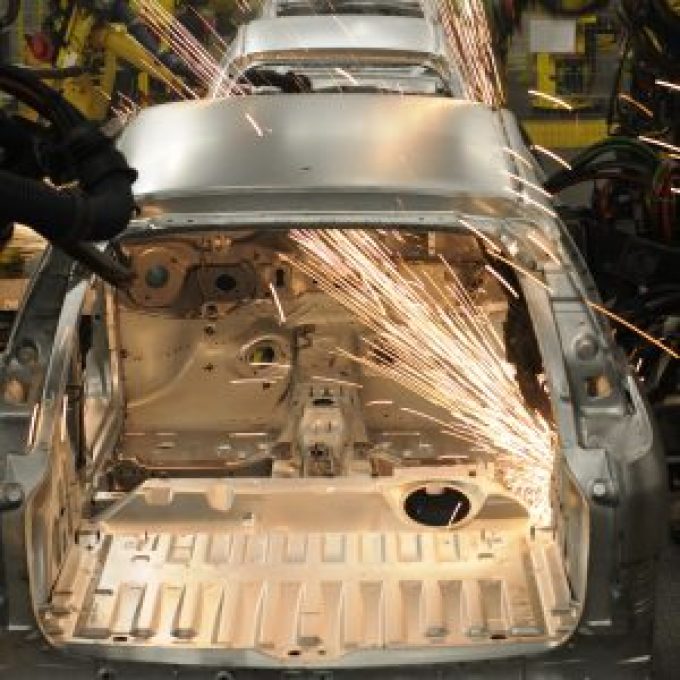Wallenius Wilhelmsen orders more car-carriers – and the biggest yet
Not to be dissuaded from its car-carrier ordering spree, Wallenius Wilhelmsen has exercised options for ...
WTC: RIDE THE WAVEFDX: TOP EXEC OUTPEP: TOP PERFORMER KO: STEADY YIELD AND KEY APPOINTMENTAAPL: SUPPLIER IPOCHRW: SLIGHTLY DOWNBEAT BUT UPSIDE REMAINSDHL: TOP PRIORITIESDHL: SPECULATIVE OCEAN TRADEDHL: CFO REMARKSPLD: BEATING ESTIMATESPLD: TRADING UPDATEBA: TRUMP TRADE
WTC: RIDE THE WAVEFDX: TOP EXEC OUTPEP: TOP PERFORMER KO: STEADY YIELD AND KEY APPOINTMENTAAPL: SUPPLIER IPOCHRW: SLIGHTLY DOWNBEAT BUT UPSIDE REMAINSDHL: TOP PRIORITIESDHL: SPECULATIVE OCEAN TRADEDHL: CFO REMARKSPLD: BEATING ESTIMATESPLD: TRADING UPDATEBA: TRUMP TRADE

Protectionism is all the rage these days, writes John Manners-Bell in this op-ed for Automotive Logistics, expanding on a set of hypotheses laid out in his recent book, The Death of Globalisation. Protectionist measures have become ever more prevalent since the pandemic as nations try to exert greater control on critical supply chains. State-sponsored efforts to increase the capacity of their automotive manufacturing capacities – the most prominent example of which is the US Inflation Reduction Act – are having ramifications across global supply chains and, in some cases, leading to a radical redrawing of production networks. “What is clear is that supply chains, already uncertain and volatile, will become ever more complex in the future as politics and ideological imperatives become as important as economic considerations.”


Comment on this article